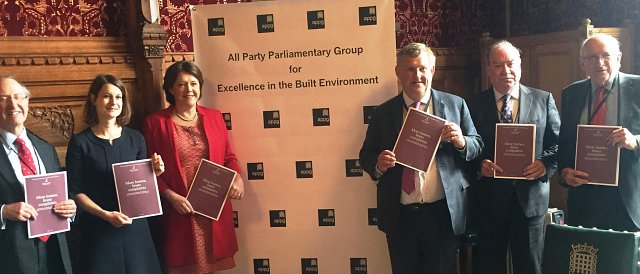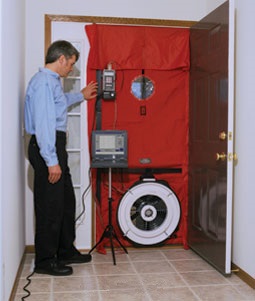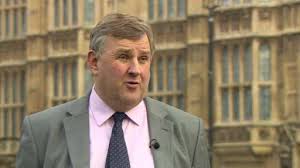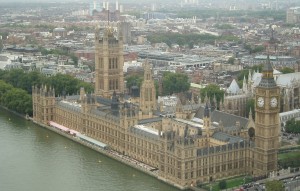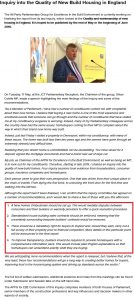Yet more funding for housebuilders! Whatever became of austerity, “there’s no money left” and “balancing the budget by 2020”? So is the country now awash with spare cash? Of course not. According to the national debt clock, the UK is borrowing another £5,170 per SECOND or £1.86m an hour! The National debt is currently £1,762,340,000,000 (1.76trn), this equates to £28,291 for every person living in the UK or £48,600 for each UK taxpayer! So I find it totally incomprehensible that another £5bn is being added, to further and unnecessarily subsidise private housebuilding under the guise of increasing the number of new homes built. We have already had the ‘The Osborne Stupidity’ – ‘Help to Buy’ fuelling house prices and housebuilders’ record profits. Now we have the ‘The May Lunacy’ ‘Help to Build’, yet more funding for housebuilders. Last week the Theresa May’s government announced two major housing initiatives; a £3bn Home Building Fund – £2bn long term funding for infrastructure and £1bn short term loan funding aimed towards enabling smaller developers enter the market. As is often the case with government announcements of supposedly “new funds” £1.2bn of the £3bn was previously announced as the Large Sites Infrastructure Fund in 2015. In addition, a new £2bn “Accelerated Construction Programme” aiming at getting new homes built more quickly on public land.
We have already had the ‘The Osborne Stupidity’ – ‘Help to Buy’ fuelling house prices and housebuilders’ record profits. Now we have the ‘The May Lunacy’ ‘Help to Build’, yet more funding for housebuilders. Last week the Theresa May’s government announced two major housing initiatives; a £3bn Home Building Fund – £2bn long term funding for infrastructure and £1bn short term loan funding aimed towards enabling smaller developers enter the market. As is often the case with government announcements of supposedly “new funds” £1.2bn of the £3bn was previously announced as the Large Sites Infrastructure Fund in 2015. In addition, a new £2bn “Accelerated Construction Programme” aiming at getting new homes built more quickly on public land.
- RSS Feed
-
Recent Posts
- New Homebuyer’s Right to Pre-Legal Completion Inspection
- New Homes Quality Code of Practice
- Persimmon Homes Publish Independent Review
- Response to Consultation Government Delay with New Homes Ombudsman
- The Chameleon Consumer Code for Home Builders now plan their own “Ombudsman”
- Is the Government Consultation to delay a Statutory New Homes Ombudsman?
- Weak Mortar In Taylor Wimpey New Homes
- Persimmon Homes Announce Independent Review
- HBF Satisfaction Survey shows number of buyers reporting defects as high as ever
- Persimmon Launches Homebuyer Retention Policy
- Redress? When will New Homes Ombudsman be operational?
- Housing Redress Consultation – Government finally publish response
Recent Comments
- admin on Site Map
Categories
Pages
Archives
Meta






